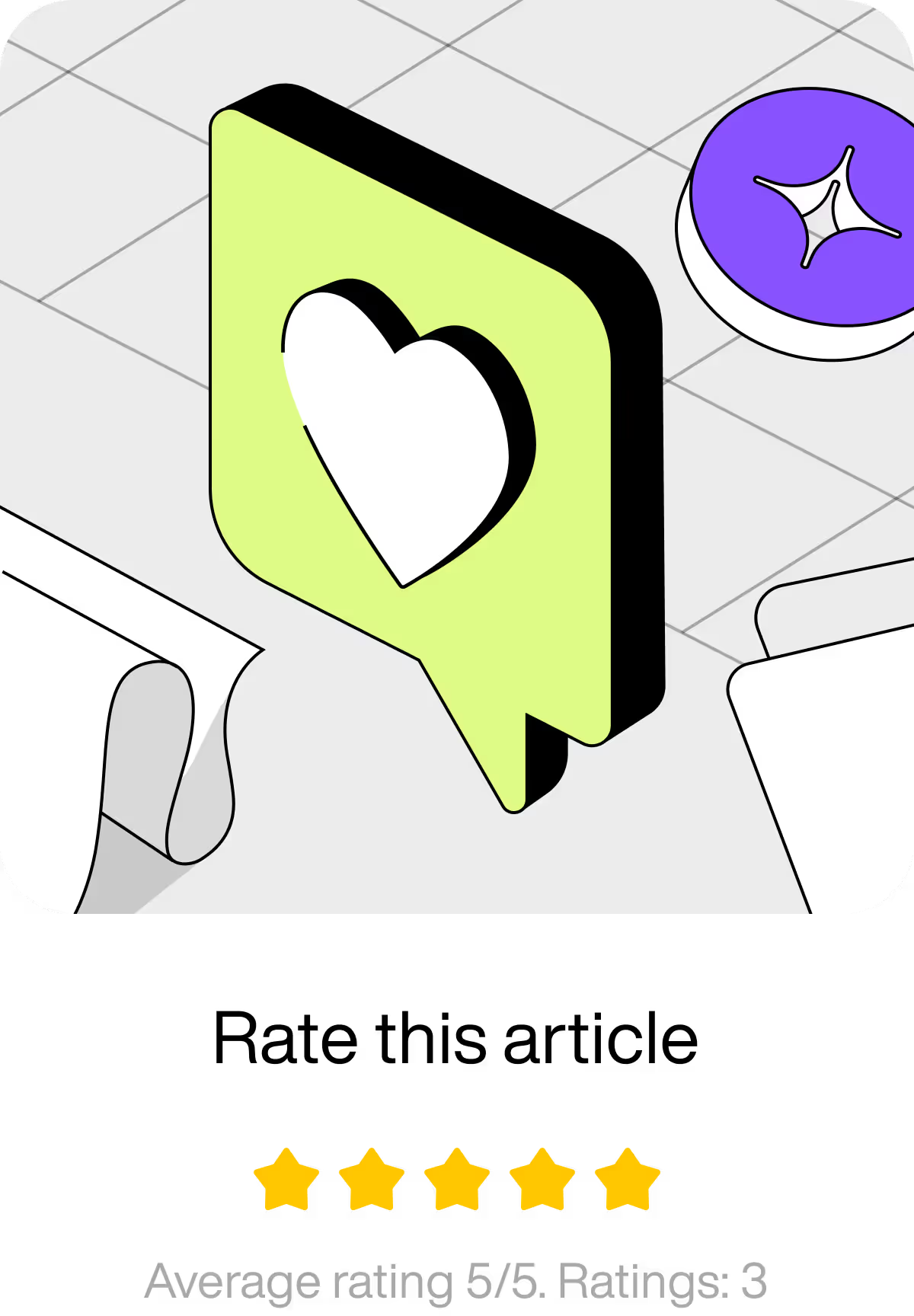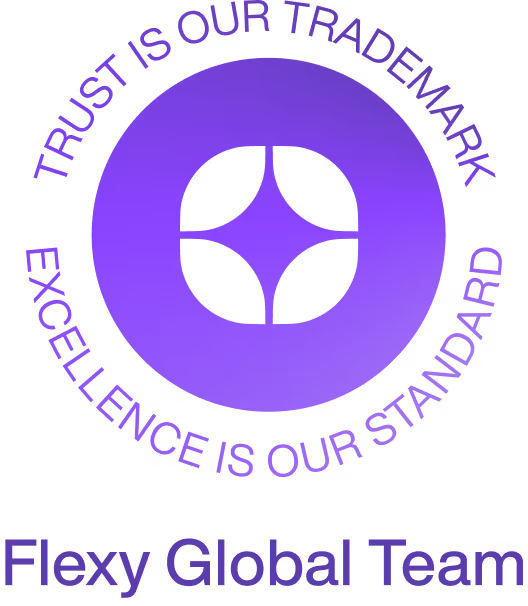Creating a website for your brand is great for visibility. But to really get the best deal for your brand, you have to create a website that really fits your brand. These days, many brands opt for websites based on generic templates, and while it’s great for some, it’s not perfect for all. In the same vein, you shouldn’t create a website from scratch if your brand isn’t really into complex processes. Sometimes, a template-based website is all a brand needs, and at other times a fully customized website built from scratch is the perfect deal. Here's what you should know.
In this article
What are Custom Vs Template Websites
By definition, custom websites are built from scratch - including every page and icon on the website. As such, it offers full control on the website's design and functionality. You don't like a design or you want to optimize a function? Just tweak it from the code. Back in the days, most websites were built from scratch. But then, they were pretty costly to build and upgrade.
With how costly custom builds were, creating and owning a website wasn't open to all. Only the top brands with a well established presence actually had a website. But, with more web design tools popping up, template-based websites became a thing. Basically, template websites use pre-designed layouts which could be customized to suit a brand's preference. So, rather than build from scratch, anyone could simply tweak an existing template website design, and launch.
5 Things to Consider When Choosing Your Brand’s Type of Website
The battle of choosing between a custom and template-based website ultimately boils down to some specific requirements and preferences. Here are 5 things you should consider when choosing between a custom or template-based website:
Budget:
This is the first thing to settle. Building a custom website is generally much more expensive than using a template-based design. In fact, there are free template website designs with impressive layouts that can effectively represent your brand.
When planning your budget, be sure to list the features you want on your website - whether custom or template, more features usually mean higher costs. If you have extra funds, a custom website might be ideal, but you can also save money by choosing an equally impressive template design.
Don’t forget to factor in the cost of web hosting. Regardless of your website type, you can find affordable hosting options and the best website hosting for small business by referring to Cybernews’ list of reliable and budget-friendly service providers.
Branding and Web Features:
Generally, your brand identity should reflect across all your products and business channels - including your website. A custom website can be tailored to your brand identity unlike template-based websites that are limited in design and branding features.
Besides incorporating your brand identity into your website, you need to factor in the website's features. As a rule, your website's features must complement your brand's services. For instance, if you're running a payment service, your website should ensure that all payment channels are functional and accessible. Ultimately, the more complex features that are required for your business operations, the more customized website control you'd need.
Time:
Developing a website from scratch takes time - especially if you're including complex features. But with template-based websites, you already have all the features and design pre-installed. All you need to do is tweak slightly e.g. changing the website's colours and fonts. Add a few drag-and-drop features, and the website is ready to launch.
If you're keen on launching your brand's website quickly, then your best bet would be to use a template. You can upgrade the website later or build the main website at your pace until it's time to scale.
Scalability:
Scaling is a core part of running a business. You won't stay small forever, hence you have to plan for growth. While most small businesses are comfortable using a simple template-based website, they need to upgrade as they scale. Often, this means building a custom website and migrating all their web data from the template-based website.
Generally, using a custom website is great for scaling since you have full control over the website. You can easily tweak as you go - basically add new features as needed per time. But with template-based websites, you may need to pay to access more features, which are not totally yours to control. Ultimately, using a template-based website is great to start with, but you'd need to make the switch when it's time to scale.
User Experience:
Having a website is like owning a store. No matter how stocked and fanciful the store is, if it's too complicated to navigate or find what you're looking for, customers will likely turn back. If your website isn't easy to use, you'd likely experience web traffic with no sales conversion.
Ensuring that your website serves users well rests on how it's built. While most template-based websites are simple by design, they're sometimes rigid. Unless the template used is flexible, there's not much flexibility in terms of navigation. To make a template-based website flexible typically relies on paying for new features.
With custom websites, the layout is built from scratch and in detail - which factors in user experience. And in the event of complaints, reviewing the website can still be done.






